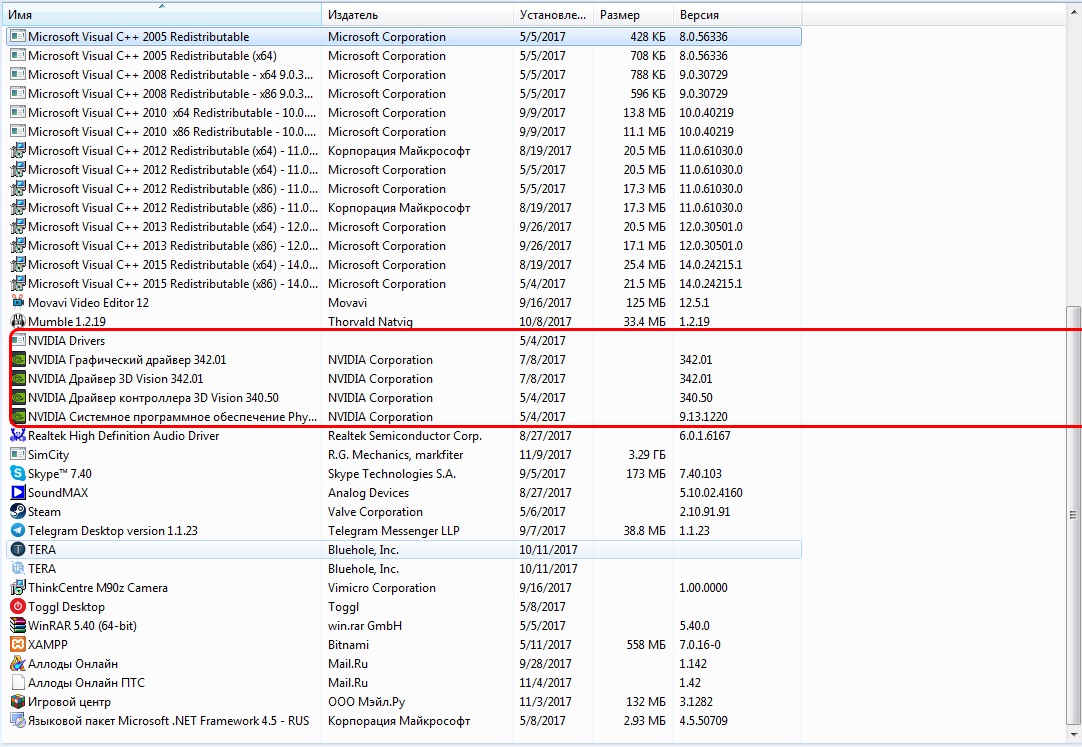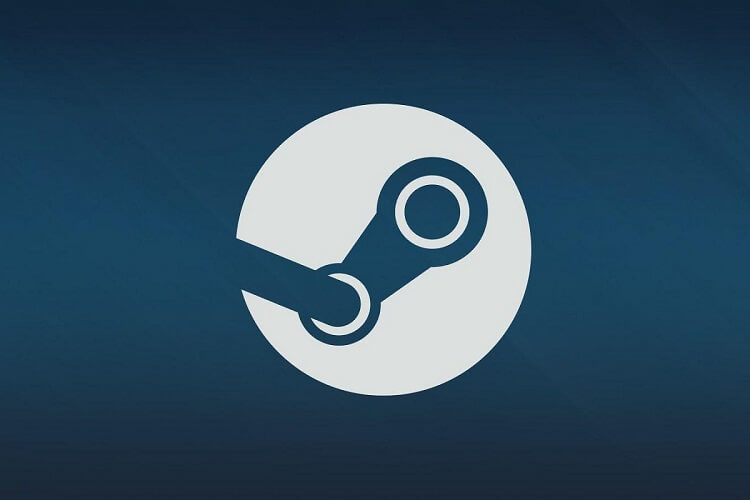


This config tool needs some libraries to launch. If you open this shell script with a text editor, you will see the root of all evil (as in Knuth's words): export LD_LIBRARY_PATH="$PROGRAM_DIRECTORY" When you launch the config for Mount and Blade: Warband, you simply execute the shell script under the $HOME/.steam/steam/steamapps/common/MountBlade Warband/mbw_config.sh. I'm going to elaborate and maybe extend grinner's solution. New to Linux in general, sorry if I'm missing something obvious. Though I fire up something from back in the day once in a while. I don't really play video games, this is an old laptop I'm using, it's not meant for any sort of gaming at all. Changing to the only other available GPU driver completely breaks my system. I've tried running the game through Wine, which was just a mess that I don't want to go through again. But the graphics still stay at reasonable levels, don't go as far down as they used to on Windows and some textures are just flat out broken. Some mods are designed for huge battles, which I enjoy, so I bump down my graphics to pretty low. My second one is that the game performance has dropped quite a bit from when I was running it on Windows. Whilst that works, it is annoying and certain options are not accessible through the game and can only the edited through the module launcher (or manually in config files, which I was doing, don't understand some of the lines there though). The only workaround I've found was to change the name of the folder containing the module to Native, so the game would read it as if it was the native game.

The Blade templating is based on regular expressions and attempts to pass a complex expression to the directive may cause unexpected failures.My first problem is that my module launcher doesn't work. Of course, as mentioned in the documentation on views, data may be passed to the Blade view using the view helper's second argument: Route::get('/', function () You should only use the Js::from method to render existing variables as JSON. blade.php file extension and are typically stored in the resources/views directory.īlade views may be returned from routes or controller using the global view helper. In fact, all Blade templates are compiled into plain PHP code and cached until they are modified, meaning Blade adds essentially zero overhead to your application. Unlike some PHP templating engines, Blade does not restrict you from using plain PHP code in your templates. Blade is the simple, yet powerful templating engine that is included with Laravel.


 0 kommentar(er)
0 kommentar(er)
